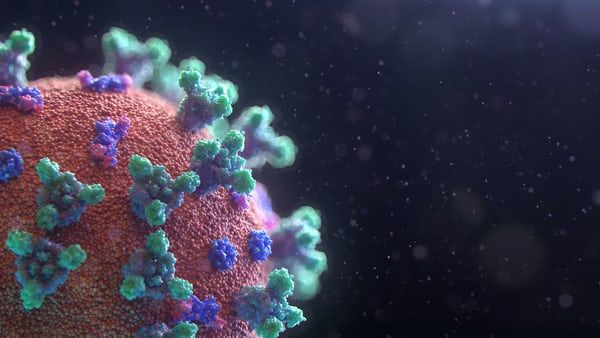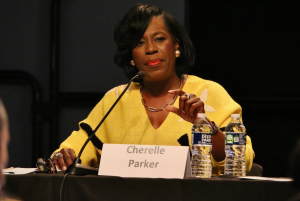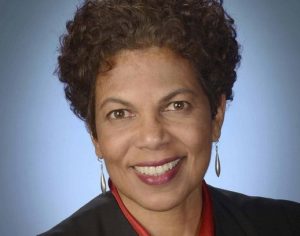India would register eight lakh cases in a
day at the peak of the ongoing third wave of the COVID-19 pandemic, but the
spike in cases in Mumbai and Delhi could be curbed soon, said IIT-Kanpur
professor and mathematician Manindra Agrawal.
Also Read: 125 passengers of international chartered Italy-Amritsar flight tests positive for COVID-19
Speaking at the Indian Express Idea
Exchange Friday, Agrawal said his projection is based on current calculation,
which is preliminary as data for the entire country is still not in.
“The third wave (for the country) is
expected to peak somewhere in the beginning of next month or even slightly
earlier. As of now, for an estimate, we predict a wide range between four to
eight lakh cases a day. The all-India curve has just started to rise. It will
take another month’s time to come down. By middle of March, the third wave of
the pandemic should be more or less over in India,” Agrawal said.
Also Read: India reports 90,928 new COVID-19 cases, 325 deaths in last 24 hours
Elections
do contribute to surge
Agrawal, who, along with other researchers,
runs the SUTRA computer model that tracks the COVID-19 curve in the country,
said that while elections do contribute to a surge, they are just one of the
factors behind the case count.
“It is not that election rallies do not
contribute to a surge in cases. They definitely do,” Agrawal said. “But there
are a large number of reasons for the rise of cases in any state, election
rallies being just one of them. What we noticed, to our surprise, is that if we
take the elections out of the equation, the overall situation of the state did
not change much.”
Also Read: 9-year-old boy in UK nearly goes blind from coronavirus infection
Third
wave would reach its peak in February: Agrawal
Agrawal said his comments on the impact of
the elections was based on an analysis he did in 16 states last year, five of
which had gone to elections just ahead of the second wave.
“For each of these states, we computed the
parameters which governed the trajectory of their second wave. There were five
parameters which we took into account and which basically determined how fast
the pandemic spread in each of these states. We had grouped them into two: five
states that went to elections and 11 that didn’t. We computed to see if there
is a difference in these two groups. We ran proper statistical experiments. And
we found that, statistically, there was no difference between the two groups
(of states). Which means or suggests that elections did not play a major role
in the spread of the pandemic in the five states,” Agrawal said.
Also Read: Maharashtra to follow new COVID19 restrictions from Jan 10
“We have not published the findings of our
study yet, but we do intend to publish it sometime,” he said.
Talking about the reason behind the third
wave, he said, “It is difficult to make projections when the parameters are
changing as fast as they currently are. But one thing I can say with relative
certainty is that for Mumbai, the third wave is likely to peak somewhere around
the middle of this month. So that is not very far away. Same seems to be the
case with Delhi. For Kolkata, there is a larger uncertainty, but that city too
seems to be peaking around the same time.”
Also Read: E-nomination, publicity of criminal records: ECI guidelines for 2022 polls
Agrawal also projected that the peak of the
third wave would come sometime in February.







